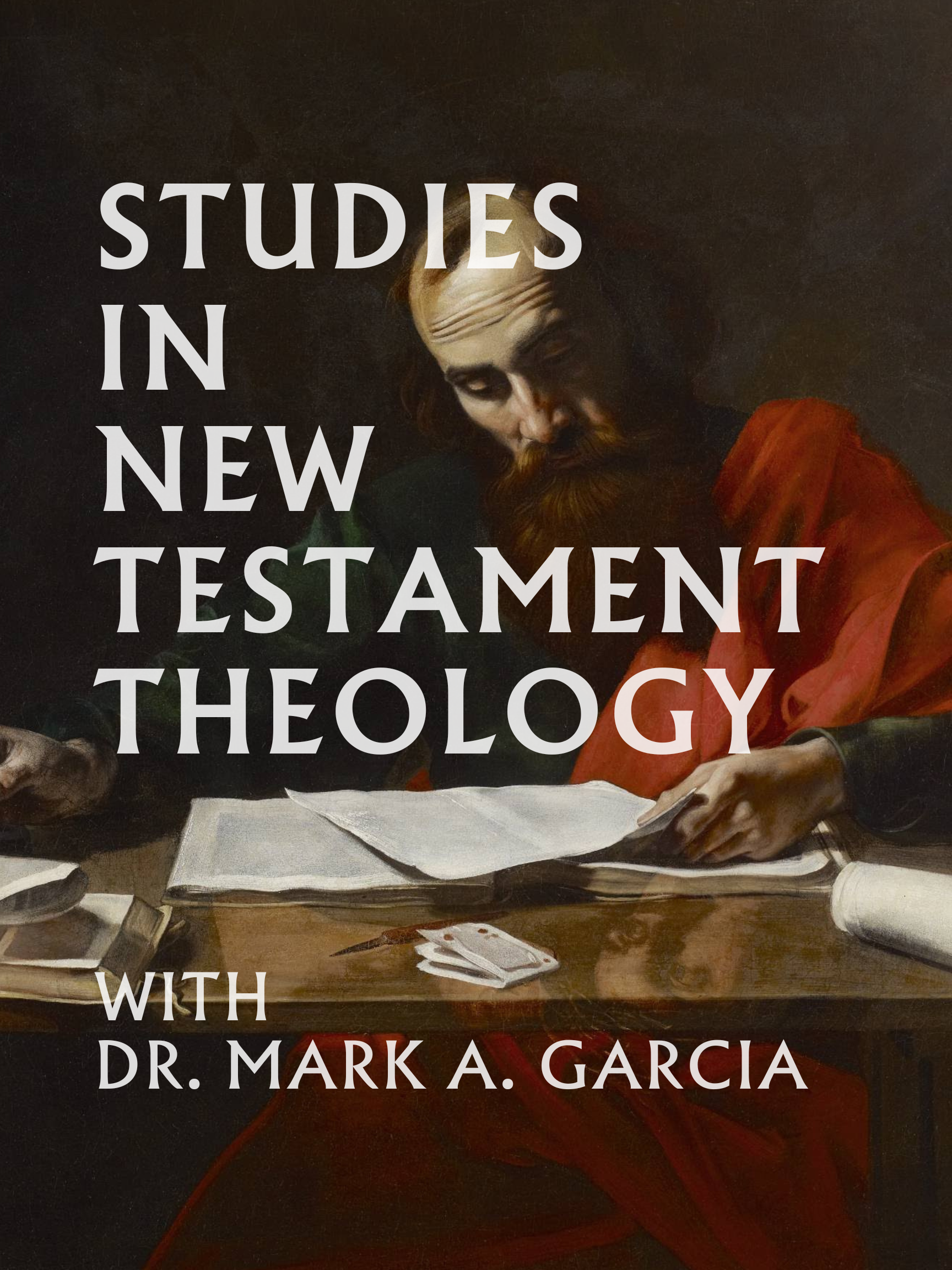 Image 1 of
Image 1 of


Studies in New Testament Theology
How does the New Testament work? And how is the answer to that question related to what kind of text the New Testament is? The history and contemporary scholarship of New Testament study are at the heart of Christian faith and practice. This is appropriate and important. Historically and dogmatically, what we regard as distinctly Christian in theology and ministry is the result, in increasingly consequential ways, of the fundamental and primitive confession “Lord Jesus Christ.” In this postgraduate module on the context, content, and Christian reading of the New Testament as Christian Scripture, we explore this dynamic of the Christian faith as it involves certain questions and issues which remain central in theology: the New Testament’s relation to the Old, the relation of Jesus Christ to the ontology of Holy Scripture, the place of Torah within the Church indwelt by the Holy Spirit, the relation of the form and canon of Scripture to its interpretation, and—as the chief concern throughout this module—how Scripture works in light of these considerations. It is in terms of these questions as they bear upon a faithful reading of the Fourfold Gospel, the Pauline Letter Collection, and the Johannine Writings that we will investigate select classic and contemporary topics of advanced scholarly interpretation.
How does the New Testament work? And how is the answer to that question related to what kind of text the New Testament is? The history and contemporary scholarship of New Testament study are at the heart of Christian faith and practice. This is appropriate and important. Historically and dogmatically, what we regard as distinctly Christian in theology and ministry is the result, in increasingly consequential ways, of the fundamental and primitive confession “Lord Jesus Christ.” In this postgraduate module on the context, content, and Christian reading of the New Testament as Christian Scripture, we explore this dynamic of the Christian faith as it involves certain questions and issues which remain central in theology: the New Testament’s relation to the Old, the relation of Jesus Christ to the ontology of Holy Scripture, the place of Torah within the Church indwelt by the Holy Spirit, the relation of the form and canon of Scripture to its interpretation, and—as the chief concern throughout this module—how Scripture works in light of these considerations. It is in terms of these questions as they bear upon a faithful reading of the Fourfold Gospel, the Pauline Letter Collection, and the Johannine Writings that we will investigate select classic and contemporary topics of advanced scholarly interpretation.
How does the New Testament work? And how is the answer to that question related to what kind of text the New Testament is? The history and contemporary scholarship of New Testament study are at the heart of Christian faith and practice. This is appropriate and important. Historically and dogmatically, what we regard as distinctly Christian in theology and ministry is the result, in increasingly consequential ways, of the fundamental and primitive confession “Lord Jesus Christ.” In this postgraduate module on the context, content, and Christian reading of the New Testament as Christian Scripture, we explore this dynamic of the Christian faith as it involves certain questions and issues which remain central in theology: the New Testament’s relation to the Old, the relation of Jesus Christ to the ontology of Holy Scripture, the place of Torah within the Church indwelt by the Holy Spirit, the relation of the form and canon of Scripture to its interpretation, and—as the chief concern throughout this module—how Scripture works in light of these considerations. It is in terms of these questions as they bear upon a faithful reading of the Fourfold Gospel, the Pauline Letter Collection, and the Johannine Writings that we will investigate select classic and contemporary topics of advanced scholarly interpretation.

